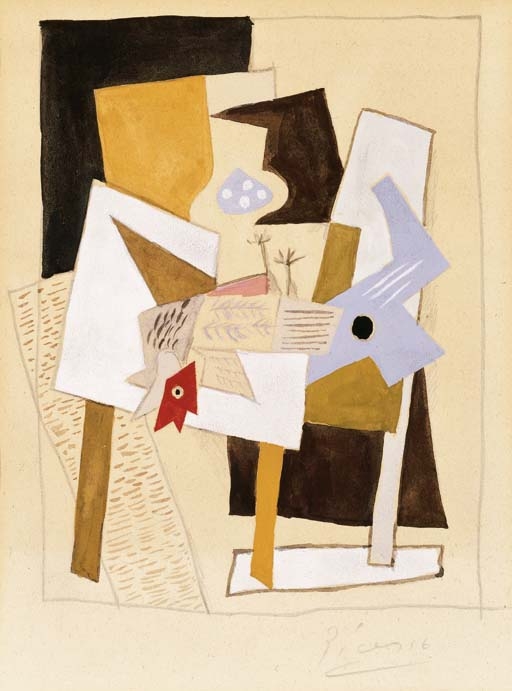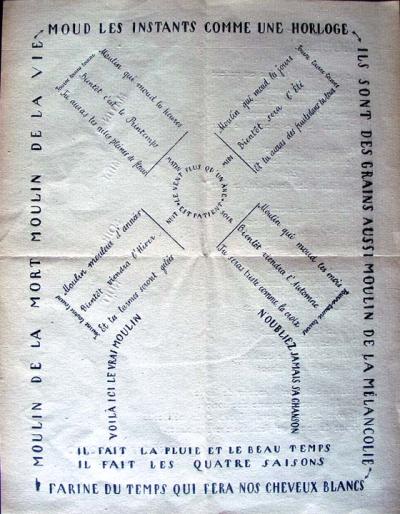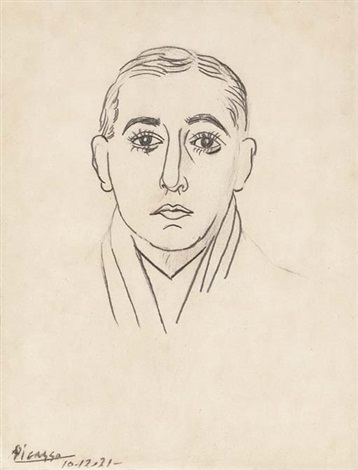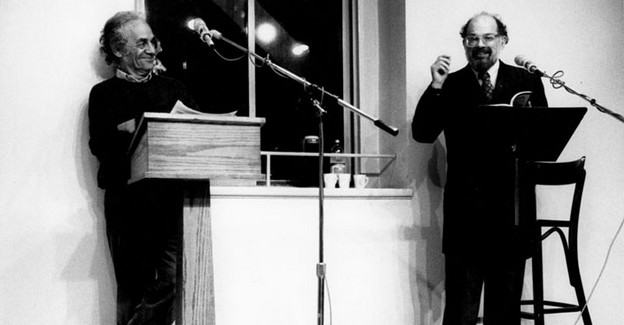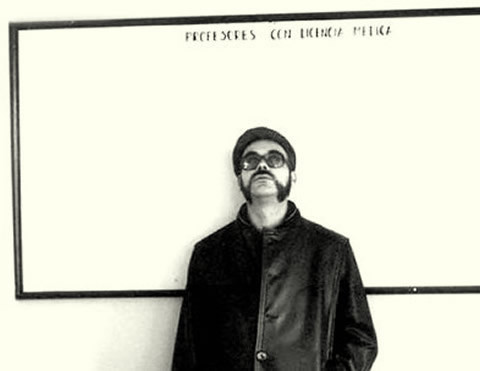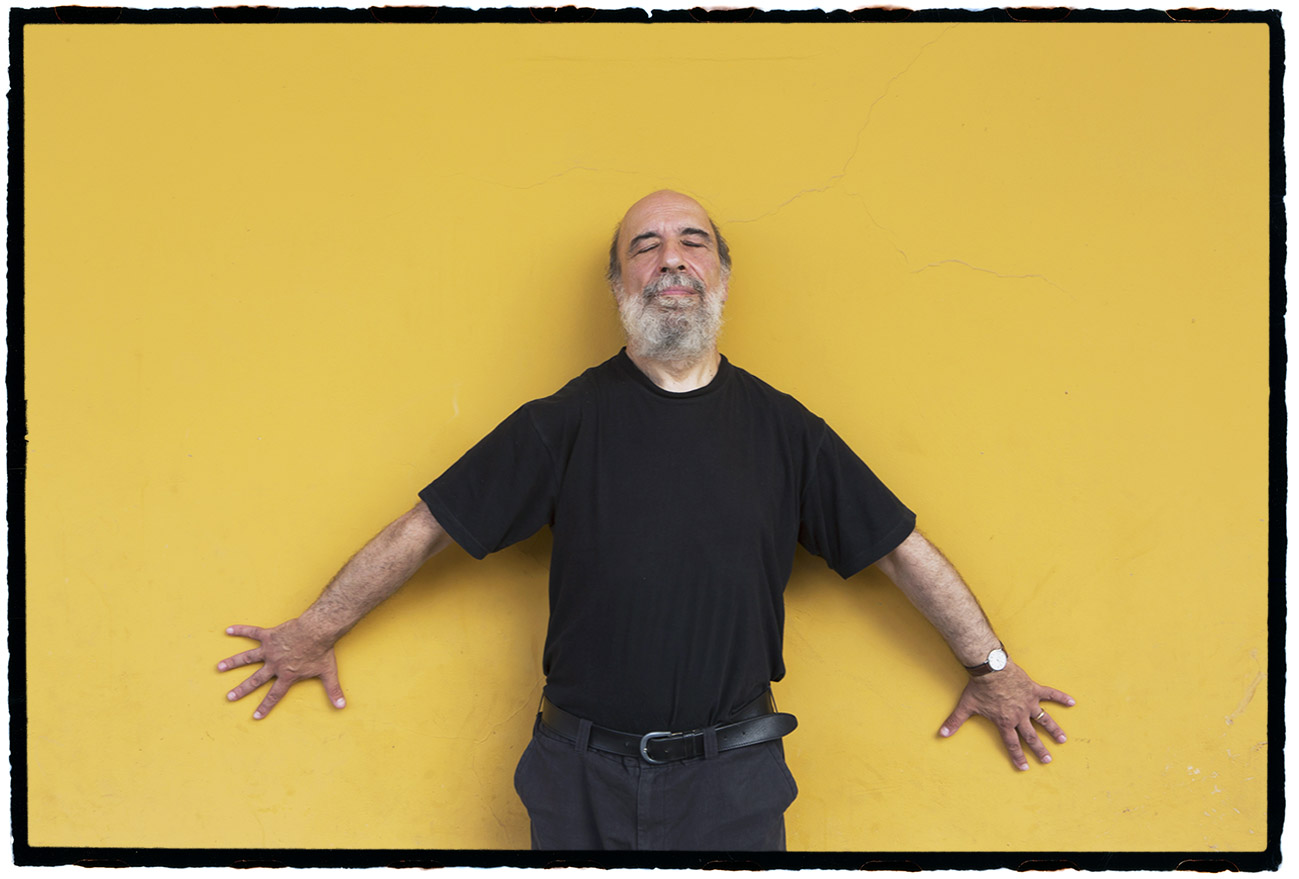
from The Savage Detectives
NOVEMBER 2
I've been cordially invited to join the visceral realists. I accepted, of course. There was no initiation ceremony. It was better that way.
NOVEMBER 3
I'm not really sure what visceral realism is. I'm seventeen years old, my name is Juan Garcia Madero, and I'm in my first semester of law school. I wanted to study literature, not law, but my uncle insisted, and in the end I gave in. I'm an orphan, and someday I'll be a lawyer. That's what I told my aunt and uncle, and then I shut myself in my room and cried all night. Or anyway for a long time. Then, as if it were settled, I started class in the law school's hallowed halls, but a month later I registered for Julio Cesar Alamo's poetry workshop in the literature department, and that was how I met the visceral realists, or viscerealists or even vicerealists, as they sometimes like to call themselves. Up until then, I had attended the workshop four times and nothing ever happened, though only in a manner of speaking, of course, since naturally something always happened: we read poems, and Alamo praised them or tore them to pieces, depending on his mood; one person would read, Alamo would critique, another person would read, Alamo would critique, somebody else would read, Alamo would critique. Sometimes Alamo would get bored and ask us (those of us who weren't reading just then) to critique too, and then we would critique and Alamo would read the paper.
It was the ideal method for ensuring that no one was friends with anyone, or else that our friendships were unhealthy and based on resentment.
 Sonnet XVII (translated by Stephen Mitchell)
Sonnet XVII (translated by Stephen Mitchell)
